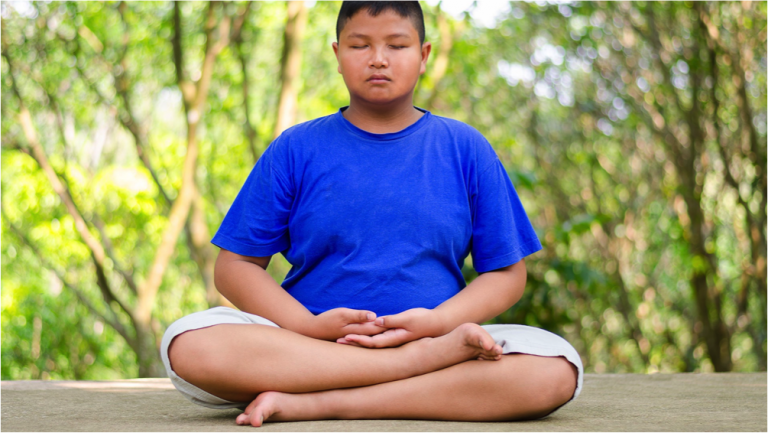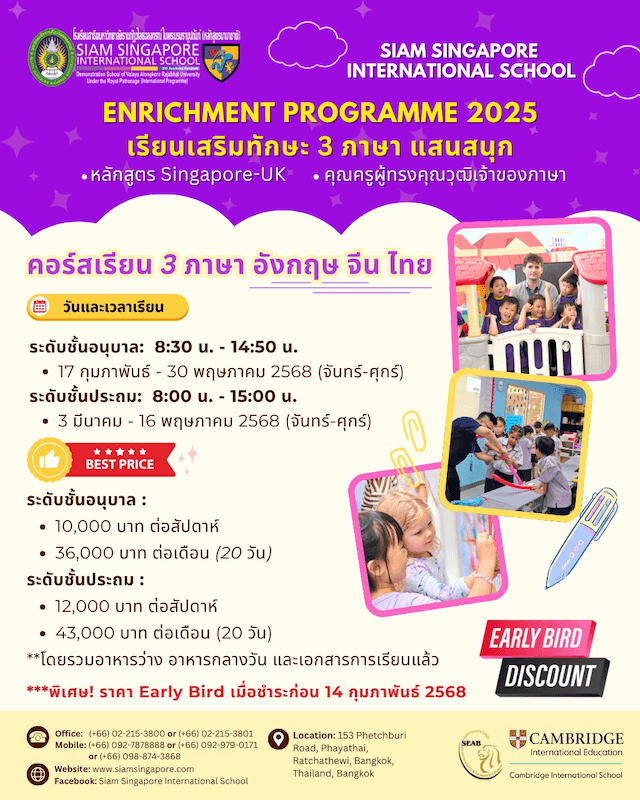Exam season is upon us and there’s no getting away from it; exams are a very stressful time for all teenagers regardless of how together you may appear on the outside. Feeling anxious and under pressure is actually a normal physiological and psychological response to stress but it is particularly destructive when facing exams as it often results in memory loss, psychological trauma and can cause you to freeze instead of facilitating a productive state of clear thinking and flow.
Thankfully, there are evidence-based ways in which to tackle exam stress to make it work for you and not against you. All you have to do is cultivate the right inner resources and change the destructive “fight or flight” response to the more productive “challenge response” (McGonigal, 2015). The challenge response increases confidence in your abilities, can motivate you, and allow you to access your memory freely to recall the information that you learnt at school and during revision. Like the fight or flight response, it also releases adrenaline as well as cortisol to mobilise your energy reserves, however the difference between the fear-driven fight-or-flight response and the challenge response is that the positive response will make you more focused and allow you to perform under pressure, often even leading to a state of flow.
So how do we cultivate inner resources to facilitate the challenge response instead of the fight or flight response?
In our experience, the most effective way is a blend of specific evidence-based techniques from the mindfulness, positive psychology and cognitive behavioural therapy schools of thought so that you can become educated and empowered with the tools to:
- change your thinking patterns in a given moment to choose more effective ones
- become motivated and stop procrastinating on revision and other tasks
- facilitate your own neuroplasticity when you need to, to allow for better brain function (improving memory, executive functioning, planning, organisation etc)
- physically and emotionally self regulate, leading to improvements not only in your academic performance but in your personal life too.
Mindfulness is like coming home to yourself when you are in a state of complete balance. It does not change the situation or event (you will still have to sit the exam), but it can allow you to detach from negative thinking and destructive psychological and physiological effects bringing your whole being back into balance to facilitate that all important challenge response. Calmness is a mental resource that helps us deal with stress and can be cultivated through practicing relaxation, centering ourselves and seeing threats accurately. Biofeedback, progressive relaxation, body scans and meditation are great ways to relax. We can also actively recharge our batteries by doing yoga, walking meditation, dancing, singing or playing music.
But if you’re time limited or in a public place unable to Ommm, sit down and meditate, dance or get your violin out then here are two very quick and simple techniques that can be done on the spot. They have been purposefully combined as in previous years, our students have reported this blend to be particularly effective during exam season.
- 5,4,3,2,1 exercise
- followed by our Mindful Breathing 101 exercise.
As soon as you start to feel stressed, uptight, anxious or when focus in attention shifts away from the current moment (a clear indicator that you are becoming stressed), bring your awareness back into your body and ground it in the present moment by slowly naming out loud or internally:
- 5 things that you can see
- 4 things that you can hear
- 3 things that you can touch (actually touching them as well as naming them will help to ground you)
- 2 things that you can smell
- 1 thing that you can taste.
Then immediately employ our Mindful Breathing 101 exercise by:
- adjusting your breathing from a shallow breath to a deep breath by breathing down into your belly
- pause slightly
- then slowly exhale imagining any stress or tension leaving your body on the exhale.
You can do this as often as you like and for as long as you need. Our recommendation is that you do it regularly throughout the day so that it becomes an automatic response when faced with stress. If you like what you’ve read, we are currently holding weekly drop in classes throughout the exam period on Tuesdays 5-6pm at our lovely studio space in Phrom Phong (3 mins from the BTS).
Address: The Rainbow Room
No. 61, Sukhumvit 26 Alley
(3rd floor above Baker Gonna Bake Cafe and Paron School of Art)
Website: www.therainbowroombkk.com
Email: lvbcoaching@gmail.com
Tel: 092-823-8640
Register your email address here and we’ll notify you when new articles get uploaded.














